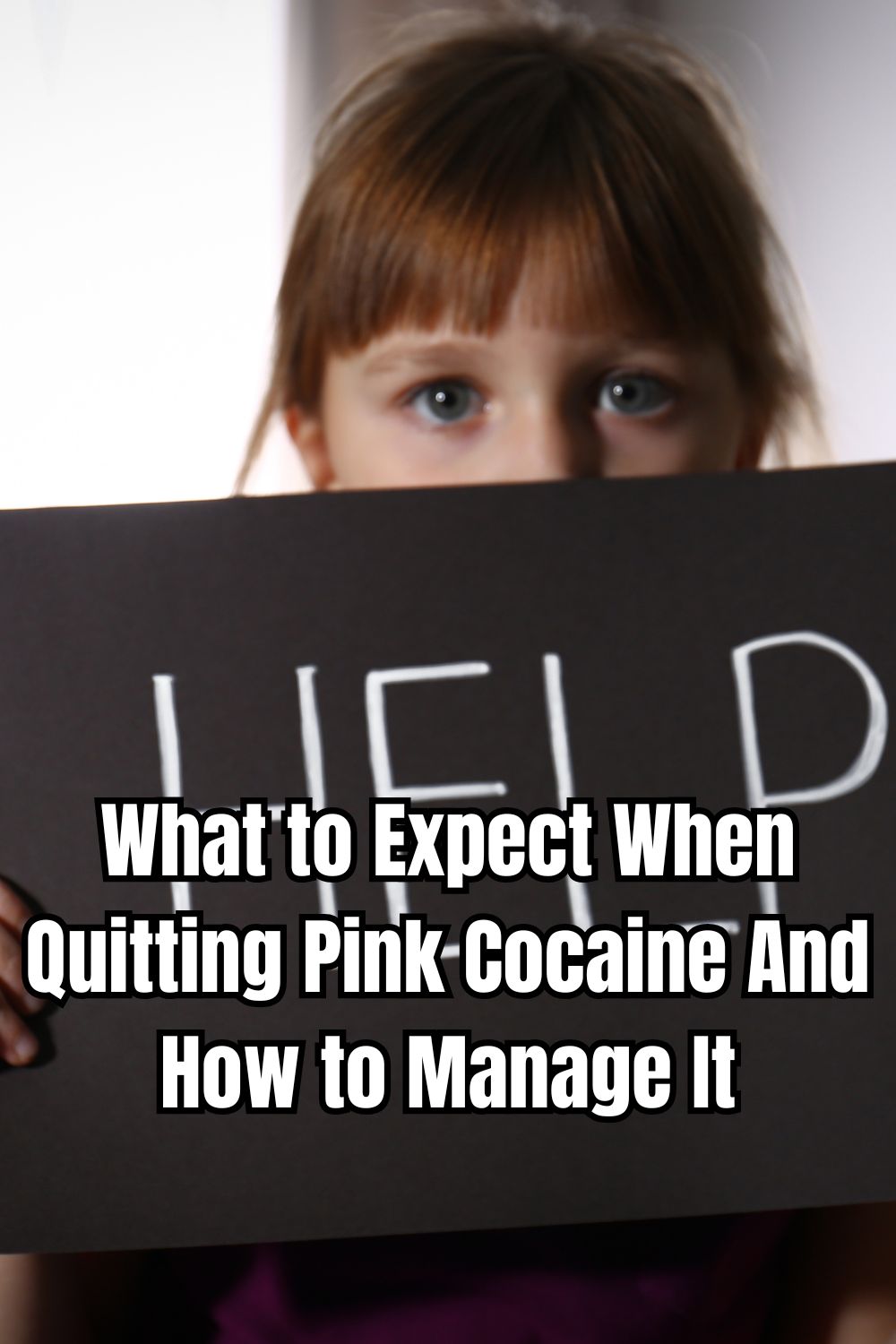Do you have a pink cocaine problem? Here’s What to Expect When Quitting Pink Cocaine And How to Manage It
What to Expect When Quitting Pink Cocaine And How to Manage It
If you are reading this, you are probably thinking about quitting pink cocaine or are already in the process of doing so. First off, you should be proud of yourself for taking this step. Yes, the road ahead seems difficult, but it’s natural to feel overwhelmed by the idea of withdrawal. The cravings, the emotional rollercoaster, the uncertainty—it’s a lot. You might be wondering, “What will happen to me? How will I get through it?” It’s okay to have those questions and concerns.
Withdrawal isn’t easy and doesn’t always feel fair, but understanding what to expect will give you the strength and clarity to face it head-on. Withdrawal symptoms feel like they are taking you down, but they are temporary, and there are effective pink cocaine treatment services available. The most important thing is that you are making a choice to break free from something that’s been holding you back.
What is Pink Cocaine, and Why Is It So Addictive?
Pink cocaine, also known as “Tuci” or “2C-B,” is a synthetic drug with effects similar to those of MDMA, LSD, and cocaine. It mixes stimulant and hallucinogenic effects. People are drawn to it because of its extreme euphoria and visual sensations.
Pink cocaine floods your brain with dopamine, which gives you that high and euphoric feeling. The problem is your brain gets used to this constant surge of dopamine. Gradually, you start to rely on pink cocaine to feel good, which makes it hard to function without it. When you decide to quit, your brain is left to figure out how to feel normal again without the artificial boost, and that’s where withdrawal symptoms start appearing.
Why Does Withdrawal Happen?
Withdrawal happens because your brain has become dependent on the effects of pink cocaine. It’s not just about the physical symptoms you will feel but also the emotional and psychological toll it takes on you. When you stop using the drug, your brain needs time to adjust to the lack of the intense dopamine boost it’s been getting. This makes you feel anxious, down, or physically drained, sometimes all at once. But your brain can heal, even though it takes time and patience.
Here’s a breakdown of what you might go through in the first few days and weeks:
1. The First 24-48 Hours: The Crash
- After quitting pink cocaine, your body will go into what’s called a “crash” phase. This is where you might feel physically drained as if your energy has been completely zapped.
- During these first 48 hours, you may experience irritability, restlessness, and intense cravings for the drug. Your mind will keep telling you that you need it to feel good, and it’s easy to start doubting yourself.
- Physically, headaches, nausea, and muscle aches are common. You might feel like you are not able to get comfortable no matter what you do. It’s tough, but have patience, as this phase doesn’t last forever.
2. Days 3-7: The Acute Phase
- As you move past the initial crash, the acute withdrawal symptoms hit. Anxiety, mood swings, and depression can feel overwhelming. Your mind may feel foggy, and getting through the day can seem like a struggle.
- Sleep problems are common during this phase. You may find it hard to fall asleep or stay asleep, and that can add to the stress and discomfort.
3. Days 7-14: Psychological Symptoms
- During this time, you may feel really down or demotivated. You may even question why you decided to quit in the first place. You need to remind yourself that these feelings will pass and the discomfort is temporary.
- You will still need to manage cravings and emotional ups and downs. Talking to someone you trust or a professional can help during this period.
4. Weeks 2-4: Recovery and Healing
- By this point, your body and brain are starting to adjust to life without pink cocaine. The worst of the withdrawal symptoms will probably be over, but it might still feel like a rollercoaster emotionally.
- Cravings may pop up occasionally, but they will become more manageable. During this phase, you will start to notice the benefits of being free from the drug: better sleep, more energy, and clearer thinking.
The Final Note
The withdrawal process is tough, but every day without pink cocaine is a step toward a healthier, happier you. It might be difficult sometimes, but as your body and brain heal, you will feel stronger and more in control of your life. Take things one step at a time. Also, it’s okay to ask for help, be it from a counselor, a support group, or a friend.

Leave A Reply!